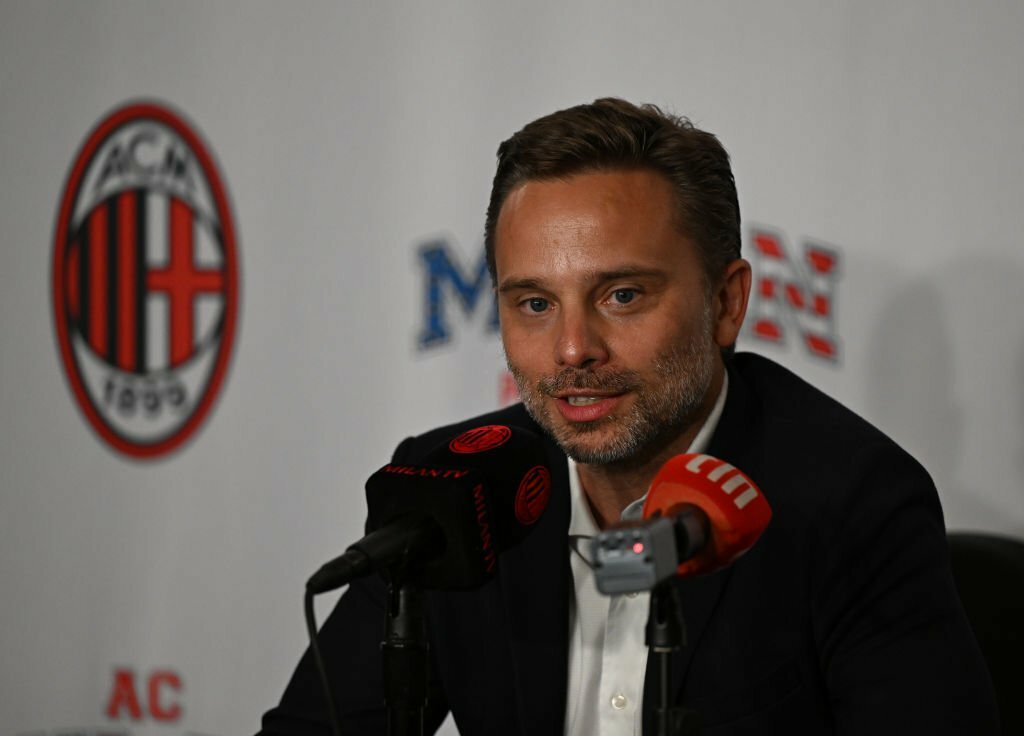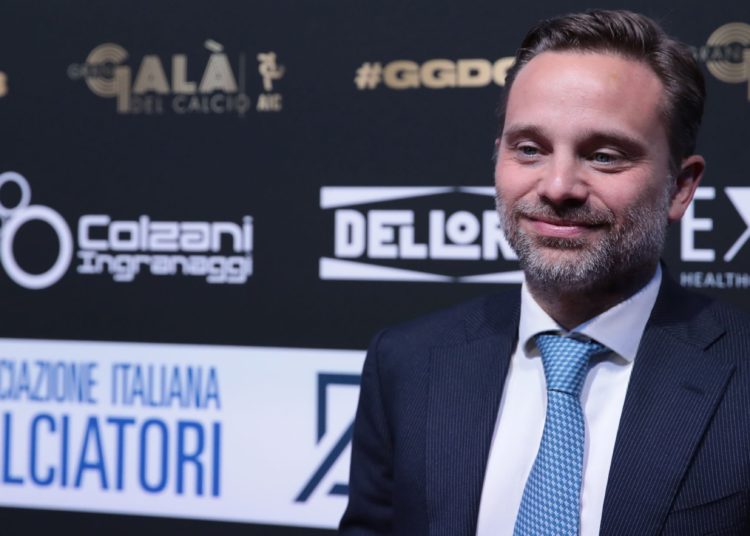AC Milan's CEO Giorgio Furlani granted an interview to those at SocialMediaSoccer.com. Here are his words:
How can a championship that seems to have lost its appeal and is buried under a mountain of debt be made attractive to both footballers and investors?
"We need to work hard and do it all together. Football is an extraordinary tool for attracting capital and participating in the growth of the country's GDP. We have systemic problems, including embarrassing sports infrastructure, to use a euphemism. We have serious problems with piracy of sports events. We have problems with a series of rules and laws that do not help us to be competitive at a European level. To put it simply: if we want to incorporate this large portion of the economy into the national system, we need to collaborate synergistically."
Are there many foreign entrepreneurs willing to invest in Italian football? Furlani added:
"Of course, but we need to abandon the idea that football is just a game. Football is an industry. We are talking about clubs that have hundreds of millions in turnover and can bring hundreds of millions in investments into our country."
What happened with Milan? Furlani replied:
"After difficult years, the recovery and relaunch of this club that represents the history of Italian football in the world was made possible by the Elliott Fund, which prevented the disaster of bankruptcy. Today, however, we are experiencing a phase of acceleration and growth. We are in a new important chapter of the club's evolution, supported by the strategic vision of Gerry Cardinale, RedBird's skills and experience in sports business, media, the ability to develop global brands, and create virtuous synergies."
The AC Milan CEO added:
"We have initiated a fundamental growth path to close the gap with the big teams in Europe, especially those in the Premier League, which can rely on significant revenues."
Regarding infrastructure. The average age of Serie A stadiums is 61 years, Serie B stadiums 67 years.
"Foreign entrepreneurs are willing to invest in building new stadiums. There is a de facto impossibility at a bureaucratic and administrative level. There is willingness and there are funds available, but we cannot invest."
The San Siro stadium, where Milan and Inter play, will turn a century old in two years.
"Well, maybe a new one is needed... We have been working for more than five years to give Milan a new stadium, and we have shown that it is a priority for us. It is essential for the club's future, to consistently return to the elite of international football. Milan needs to have the most beautiful, modern, and functional stadium in the world. We want to be a global icon, a reference point for innovation and sustainability, offering unprecedented accessibility and experience, maximum safety, comfort, and services."
Furlani continued:
What is certain is that RedBird wants to offer fans an experience and a home worthy of the status of this great club and suitable for the modern era. And RedBird has experience in doing just that."
Will you manage to build a new stadium in Milan, Italy?
"We have a new major stadium project in the pipeline in San Donato. We will make every effort to achieve the result, despite the various systemic obstacles. We are, as I mentioned, in a new phase of Milan's growth under RedBird's guidance, and the stadium represents a fundamental pillar on which all management is focused, starting from President Paolo Scaroni. We are talking about an executive with unique international stature. A fundamental leadership in recent years. With great passion, he has led strategic projects for the club, starting with the plan for the new stadium."
Speaking of assistance, tax breaks for football have disappeared... Furlani replied with:
"Exactly. We have talked a lot about the growth decree, the laws that gave us tax advantages. These laws have been repealed. All the disadvantages remain: from dilapidated structures to contracts, to the possibility of registering a certain number of non-EU players. Not to mention that the football industry generates income for the state coffers in terms of betting, but doesn't see a single euro because the Dignity decree prohibits it."
What's wrong with the relationship between football and institutions?
"Given the respect for the institutions of this country, I allow myself to observe that we need to overcome a prejudice."
The question is: is football an industry?
"Yes, it is in terms of turnover, investments, number of workers, tax revenue, welfare, social consensus, and much more. If other industry sectors receive assistance, tax breaks, contributions, incentives, it is difficult to understand why football should be excluded. We need to create a virtuous circle: the healthier the football industry, the more it produces income, profits, jobs, and contributes to public spending."
Furlani concluded:
"If we had let Milan fail, today we would be talking about a national disaster from every point of view. Instead, Milan is healthy, growing, and wants to help Italian football restart."
READ MORE | Pulisic: "I enjoyed getting to know this league and playing here"
















